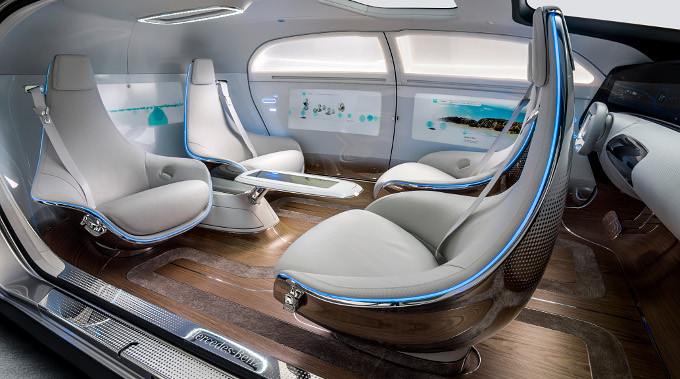December 22, 2016

Brands tend to play a significant role in what consumers purchase. When you hear names like "Versace" or "Calvin Klein", you probably associate those names with high-quality, luxury clothing brands. The point is brands often speak for themselves, as to whether they are of good quality or subpar. The same can be said for brands in the automotive industry. A strong car brand can create significant revenue for automotive companies. However, one major question has been raised: With the age of autonomy soon to come, will brands still matter to consumers?
If people are no longer physically piloting vehicles, is the brand really that important? Most people who fly on a plane, ride a bus or acquire an Uber, don't make their decisions based on brands.
Retired Vice Chairman of General Motors, Bob Lutz, said himself, "In the long term, automotive brands are gone." In the past, car companies made their money off of the popularity of different makes and models. Currently, the top 15 producing brands in the automotive industry are worth $256 billion combined. So it seems that indifference toward brands could be a major threat to top producing car companies in the auto industry.
However, this is something that automotive companies understand. Although the autonomous industry is still developing, automotive companies are taking a different approach that will market comfort and connectivity in autonomous vehicles. Imagine a car that could also double as a mobile office. GM and AT&T have partnered together to offer Internet connectivity and wi-fi hotspots within autonomous cars. GM and IBM have also partnered with BMW to use Watson, a supercomputer that uses artificial intelligence and analytics to utilize a car’s data and figure out a driver’s preferences and habits. The Mercedes-Benz concept features more of a comfortable living room type of layout with four seats facing each other and six tablets to connect to the Internet.
In terms of competition, the established automotive companies do have an advantage over the tech companies like Google and Apple, at least in the beginning stages of autonomy. Names like Ford and Chevy have been around a long time and have built rapport for durability and safety among consumers. Although Google and Apple excel in the tech world, they will have a little legwork to build the trust of consumers with operating a vehicle.
Evan Hirsh, an auto adviser at Strategy&, the global strategy and consulting team at PWC said, “When you have no control and you’re putting your life purely in the hands of a robot, you care even more about the credibility of that brand...I’m not sure how much confidence I would have in a Lenovo car.”
Tags: Versace , Calvin Klein , General Motors , Mercedes Benz , AT&T
Hello {{User.FirstName}} {{User.LastName}}.
You are logged in with email {{User.Email}}.